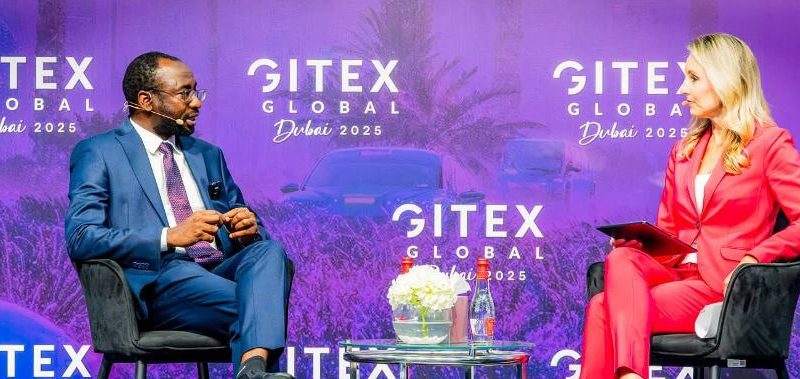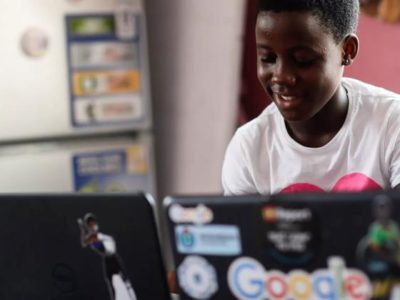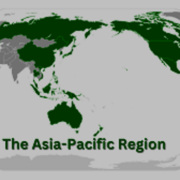The Director General of the National Information Technology Development Agency (NITDA), Kashifu Inuwa Abdullahi, has announced bold plans for Nigeria’s artificial intelligence future, including the development of a home-grown Large Language Model (LLM) named “M-ATLAS.”
RELATED: Africa at the digital crossroads – Why Ghana must lead a sovereign AI future
The revelation was made during a Fireside Chat at the Gulf Information Technology Exhibition (GITEX) 2025 in Dubai, where he outlined Nigeria’s strategic and value-driven approach to AI adoption.
A Strategic Framework Built on Five Core Principles
Speaking on Nigeria’s AI journey, Abdullahi emphasized that the country’s vision is deliberate and structured. He outlined that the National AI Strategy is anchored on five guiding principles: responsibility, ethics, inclusivity, sustainability, and collaboration.
“These are not just words, they are our compass,” Abdullahi stated. “Everything we are doing in AI must reflect these values. We are not just building systems; we are shaping a future that works for everyone.”
Transforming Key Sectors: Agriculture, Healthcare, Education, and Finance
The NITDA DG highlighted the tangible impact AI is already having across critical sectors of the Nigerian economy. He provided concrete examples:
- Agriculture: AI helps farmers make informed decisions using real-time data on soil, weather, and crop health.
- Healthcare: The technology enables faster diagnosis and extends vital medical services to remote rural areas.
- Education: AI literacy is being embedded into formal learning to ensure the youth are future-ready.
- Finance: AI tools are revolutionizing the sector by detecting fraud, improving credit access, and driving financial inclusion.
M-ATLAS: The Indigenous AI Model for Nigeria’s Linguistic Diversity
A key announcement was the development of M-ATLAS, Nigeria’s indigenous Large Language Model. Abdullahi explained the critical need for a local solution, citing Nigeria’s over 500 languages and countless dialects.
“If we rely only on foreign AI models, they won’t understand our nuances, culture, or people,” he said. “That is why we are building M-ATLAS, an indigenous LLM that reflects our diversity and eliminates bias. We want an AI that understands the meaning of ‘akwa’, ‘ekaabo’, or ‘sannu,’ not just translates them.”
Driving Adoption Through Digital Literacy and Talent Development
Abdullahi revealed that Nigeria is already ahead of the curve in AI adoption, with 70% of its online population using generative AI tools, significantly higher than the global average of 48%. He attributed this to the nation’s youthful demographic and proactive initiatives like:
- The Digital Literacy for All (DL4ALL) programme, targeting 95% national digital literacy by 2030.
- The 3 Million Technical Talent (3MTT) programme, one of the world’s largest digital upskilling projects.
- A new policy to integrate digital literacy into all levels of education.
A Future of Amplified Human Potential
Concluding his address, Abdullahi positioned AI as a tool for amplifying human potential, not replacing it. “It is strategy first, technology second. Our mission is to use AI responsibly to drive prosperity, inclusivity, and sustainable development,” he said. “If we get it right, AI can help Nigeria achieve tenfold or even hundredfold improvement in productivity and innovation. That is the future we’re building.”






























